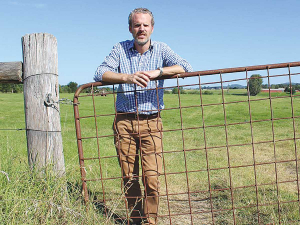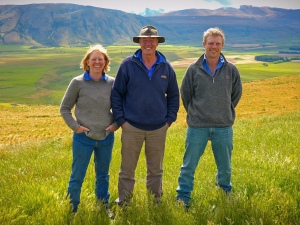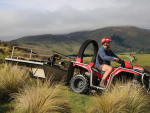Pricing for New Zealand dairy could soon be hit by coronavirus.
If anything close to the impact of coronavirus we are seeing now extends to the end of March it will impact pricing for New Zealand dairy, says RaboResearch dairy general manager Tim Hunt.
There is still time for this to be resolved quickly and to have a minimal impact, he told Dairy News.
The primary problems we face now are Chinese consumers not eating out and logistical disruption, he says.
“Both of those are very prominent. You might have seen that brands like KFC and Pizza Hut have closed 30% of their stores and sales at the rest of the stores are down 50%,” he says.
“We are seeing similar things across the food service industry. There is a huge cut in foot traffic and sales of products in the Chinese market.
“Chinese consumers are still not eating out and secondly we have logistical disruptions that are significant.”
Particularly for dairy there are port slowdowns in China with shortages of labour restraining their ability to dock refrigerated containers. There is a significant slowdown in internal logistics within China with the domestic trucking industry.
These two issues have made it very difficult to get product to the consumer since mid-January.
“That could all resolve in the coming months if we see the number of infections starting to reduce, a relaxation in restrictions on transportation and travel within China and consumers regaining confidence to prices meet in large groups. The last week hasn’t seen a lot of progress in any of those regards.”
Hunt says the good news for New Zealand is that most of what is shipped to China is in the form of infant formulas and powder.
“That all has a good shelf life, it is sold for consumption at home rather than through food service and is more likely to hold up well through this crisis. The pressure will more come on the cheese side of the industry which is highly exposed to food service.”
Hunt says in dairy this is not the only thing going on in the world market.
“The market is otherwise generally supportive.We are not seeing strong growth in supply from export regions.
“We are seeing dryness in the north of the New Zealand, flooding in the south that may take a bit off production that will help offset price pressure.”


















